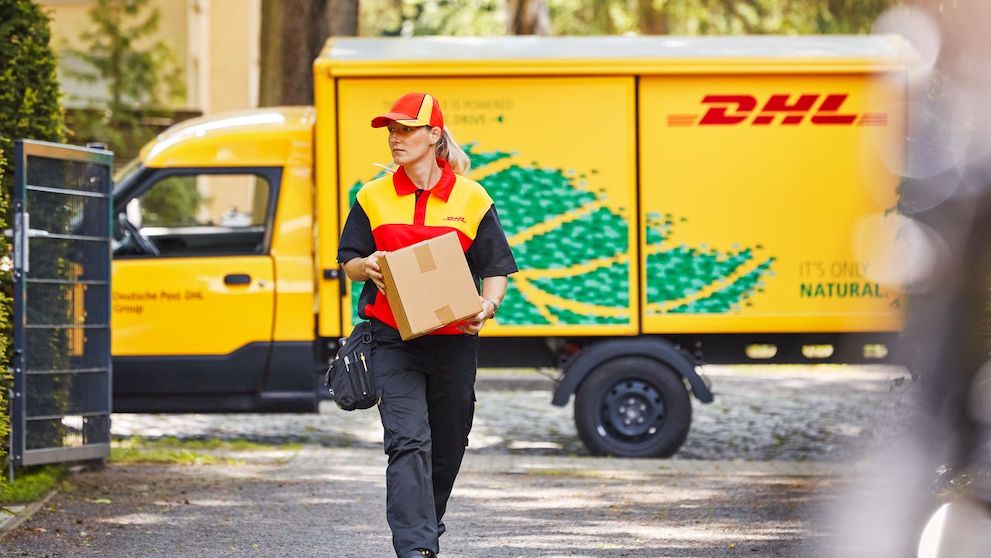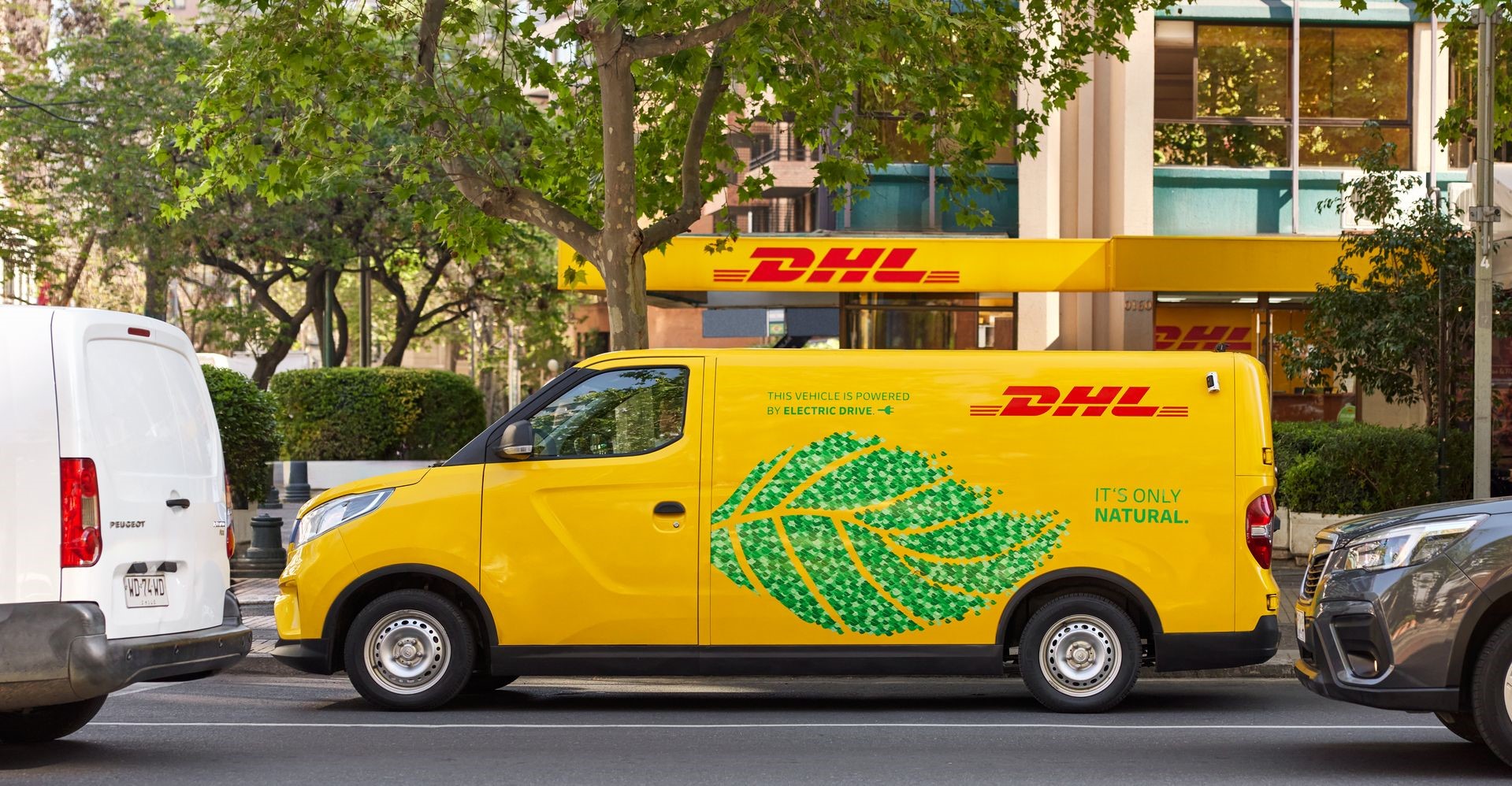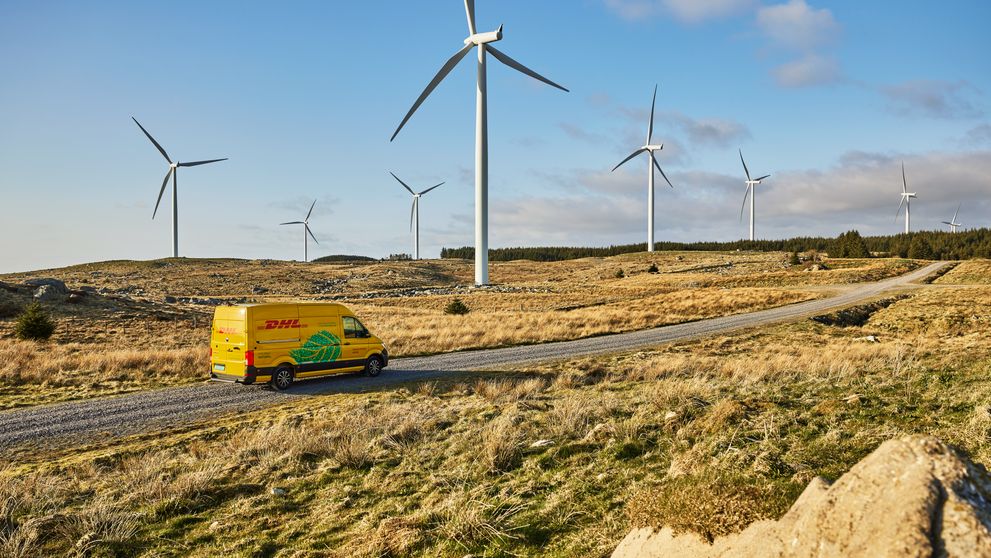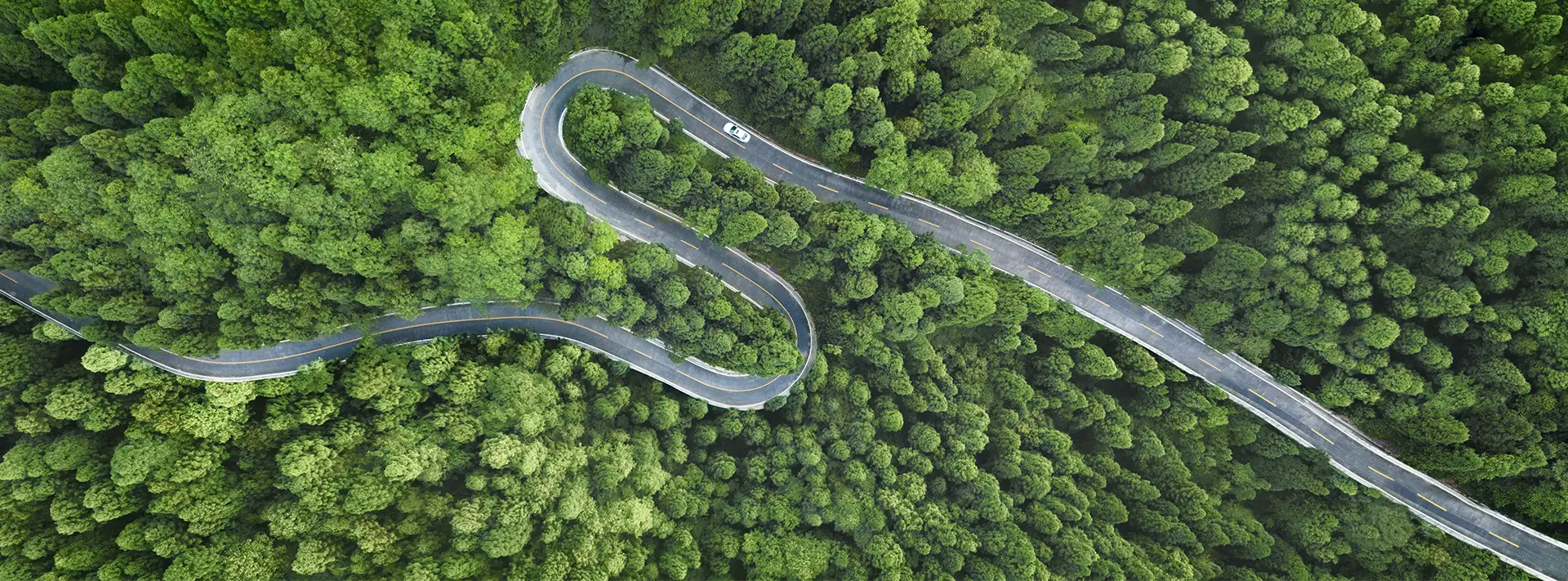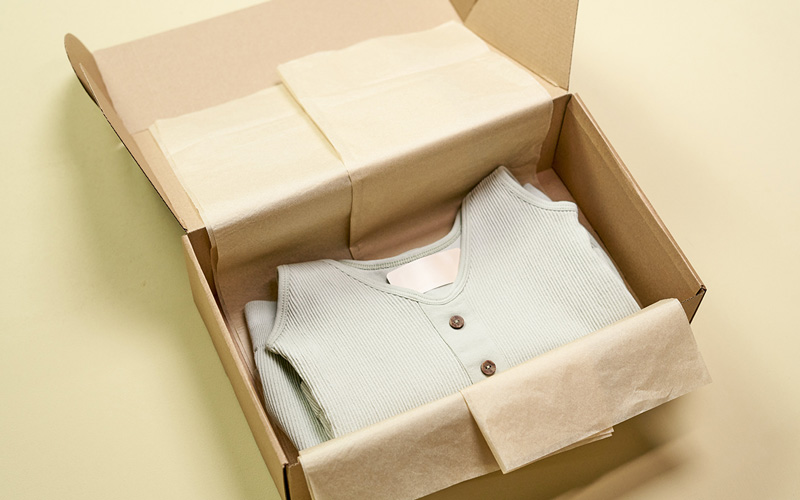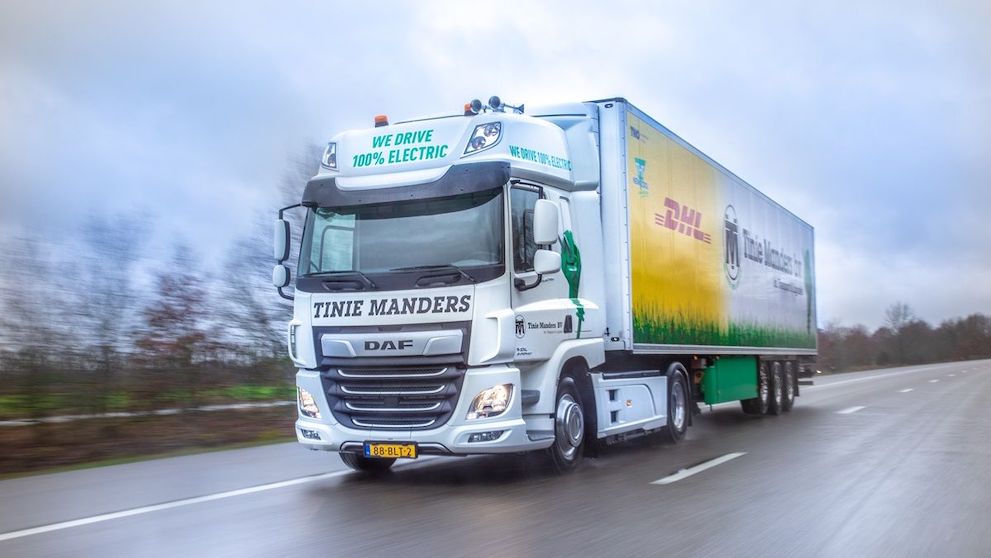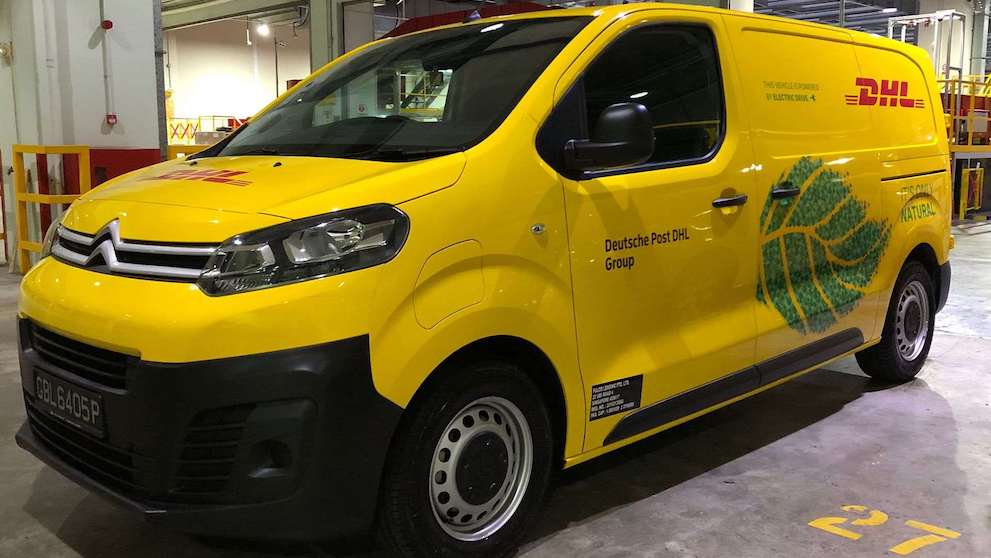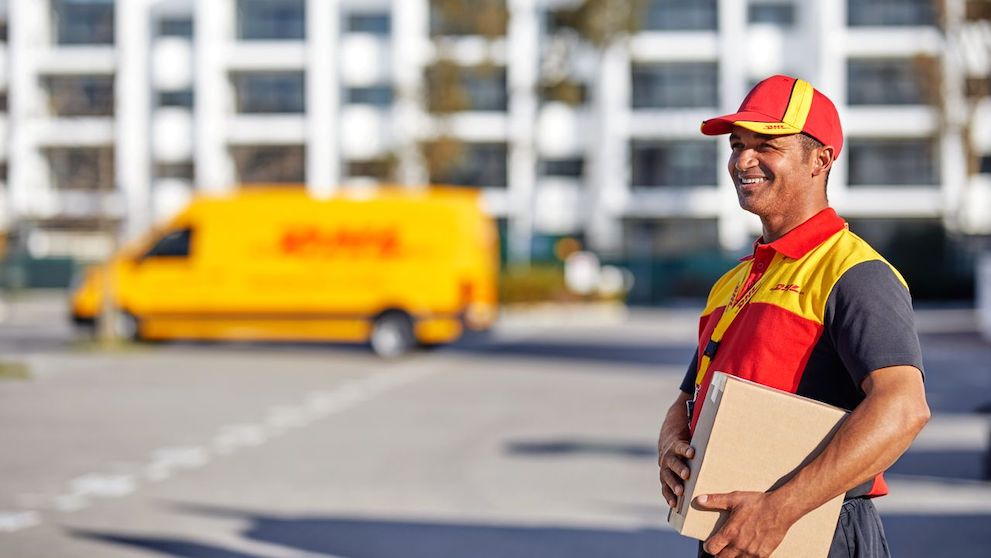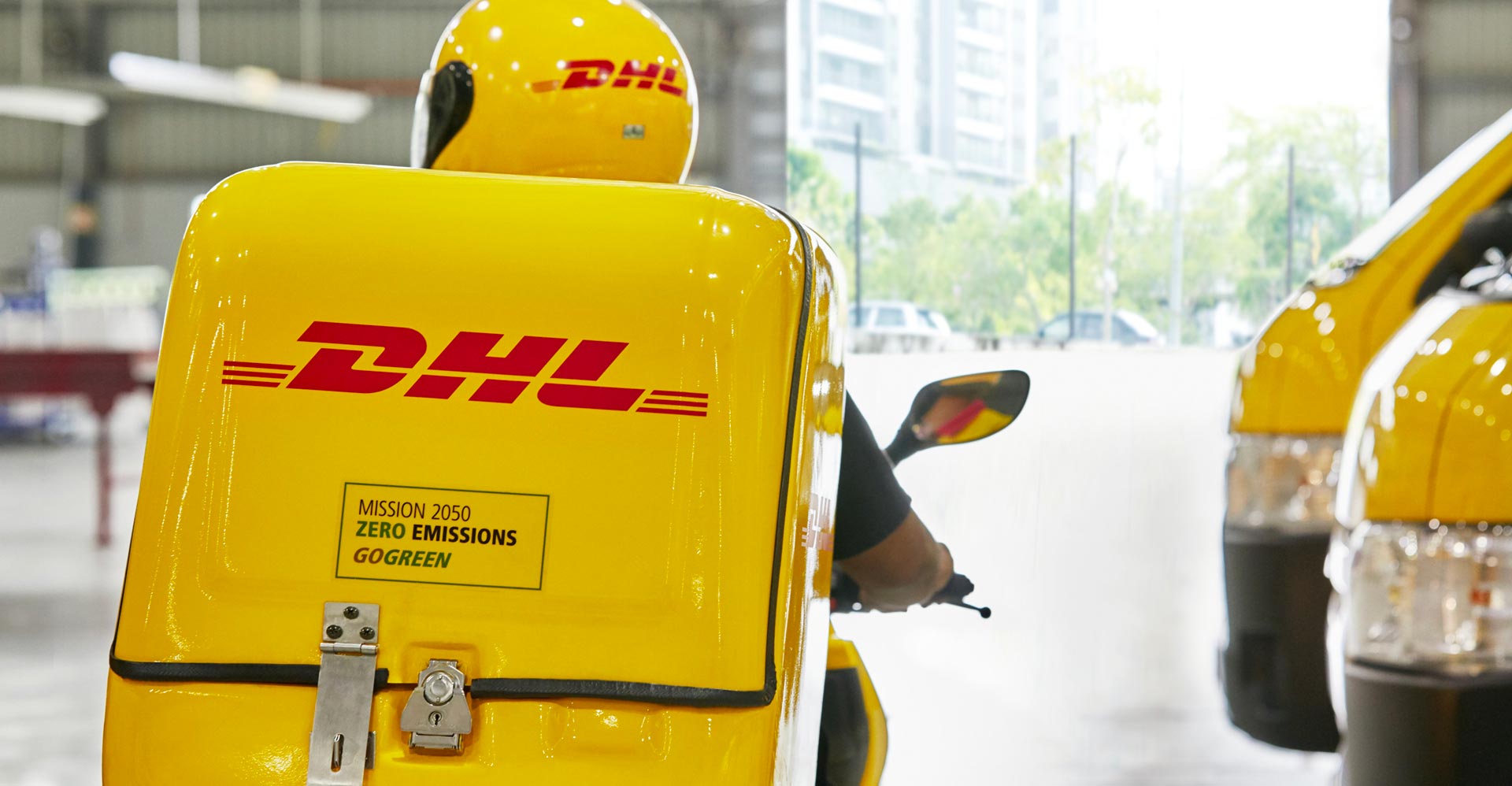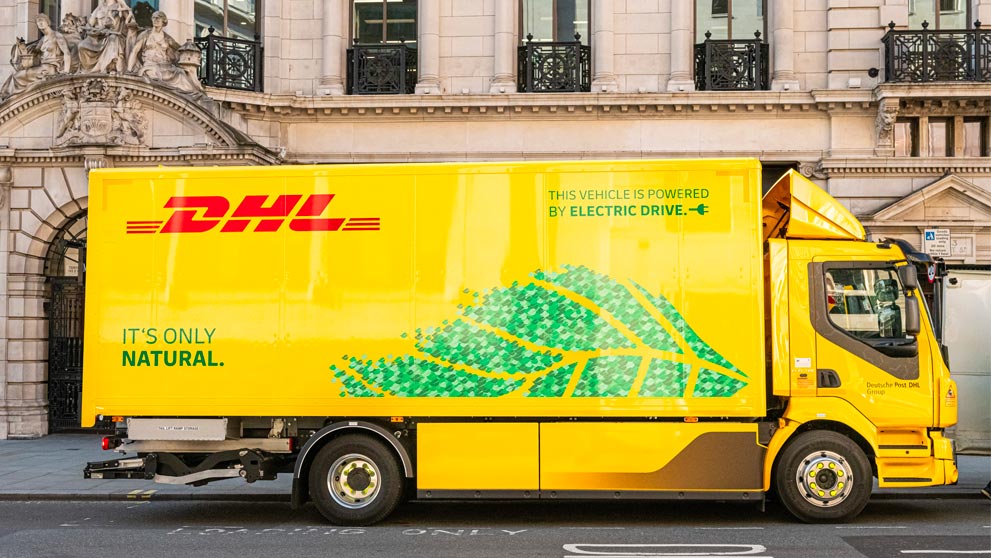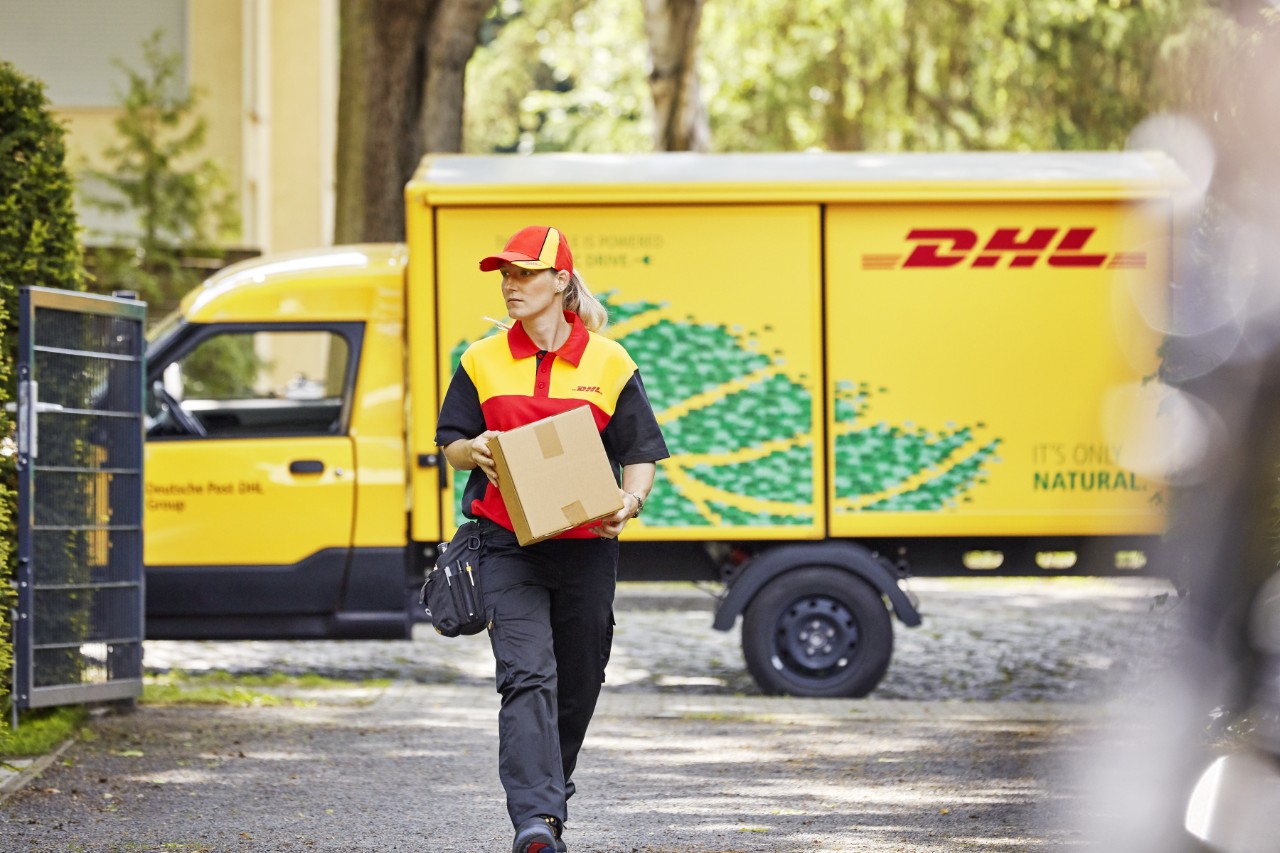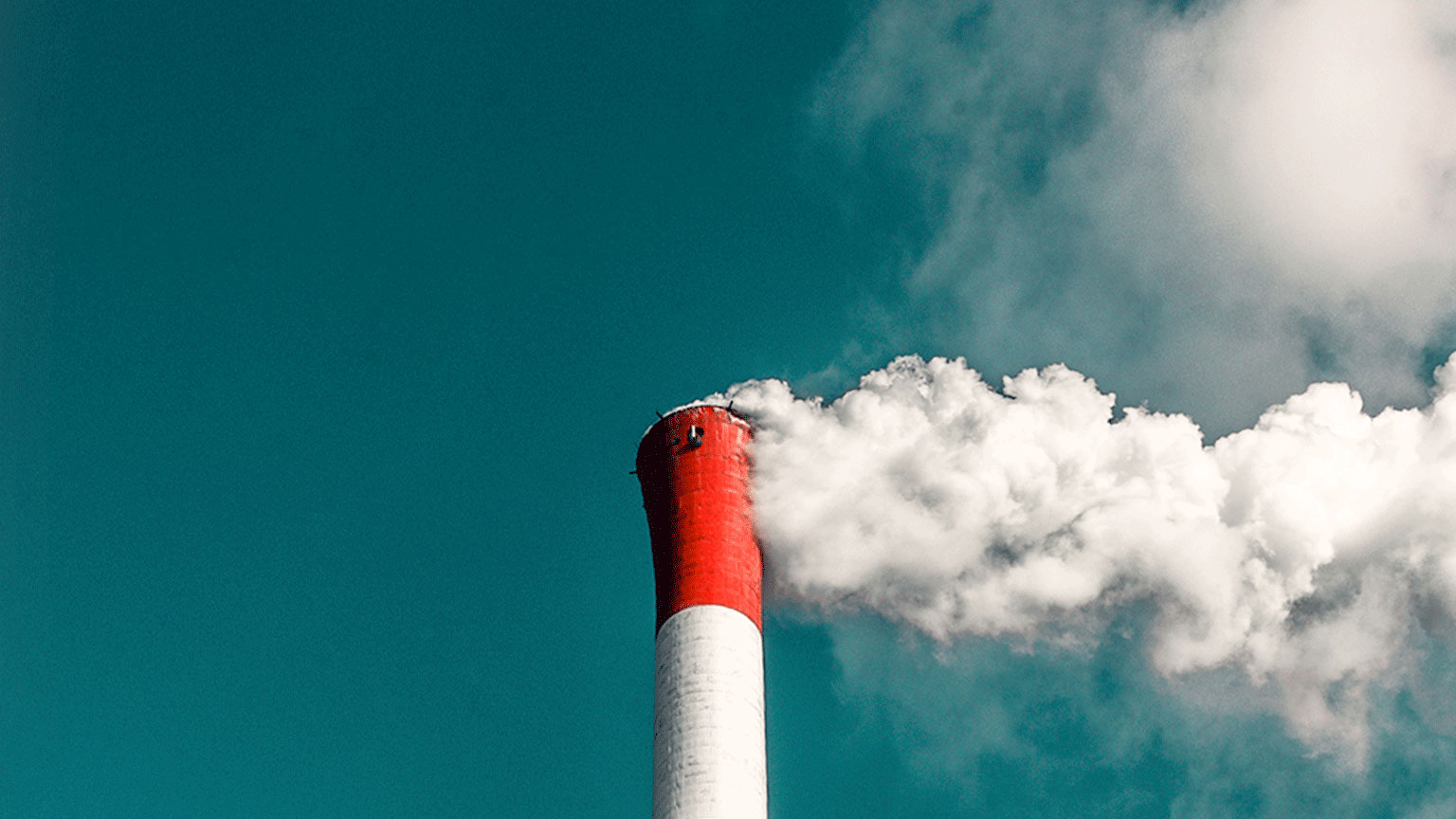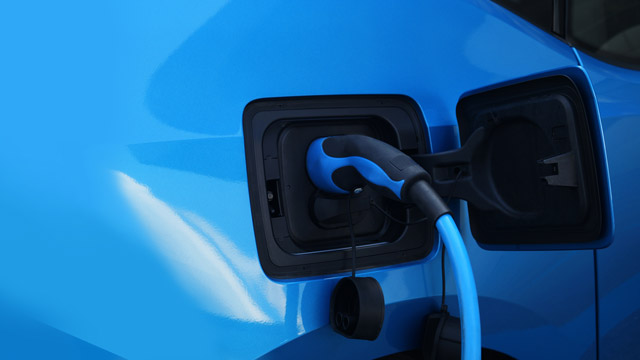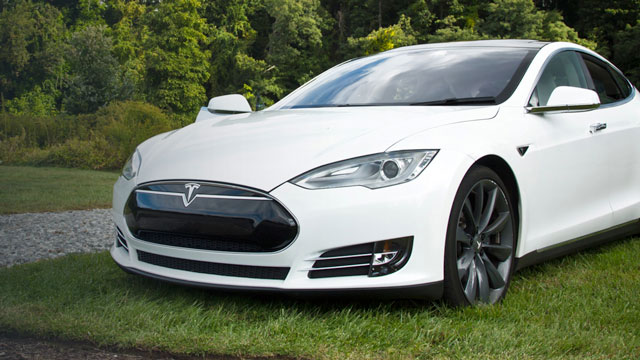Climate change has been a hot topic in the news for the past few years with experts warning the dangers of maintaining destructive habits. To alleviate this, consumers are encouraged to ‘vote with their dollar’ and give preference to organisations that demonstrate ‘green’ or ‘eco-conscious’ business practices. According to Forbes, 68% of highly empowered consumers plan to step up their efforts to identify brands that reduce environmental impact. To remain relevant, businesses must demonstrate a commitment to ecologically sustainable systems and solutions. This is where green logistics comes in.
What Is The Concept Of Green Logistics?
Green logistics refers to strategies employed by businesses to make operations more ecologically sustainable. It uses traditional logistics models, but takes the impact on the environment into account. You may be wondering ‘what are the goals of green logistics?’ and there are many answers to that question. Essentially, green logistics practices aim to improve operations while decreasing environmental impact through various means such as limiting fossil fuels, recycling, using sustainable packaging, developing efficient warehousing and more.
How Do You Achieve Green Logistics?
1. Warehousing
Green logistics in supply chain management can mean optimising the efficiency of a warehouse. Buildings like warehouses use a lot of energy for light, cooling, heating and other technologies. To mitigate this, invest in eco-friendly power solutions, minimise packaging or outsource to a 3rd party logistics (3PL) fulfilment centre like DHL that has a proven track record of green logistics. While being able to handle processes like procurement, warehouse management, transportation of goods and distribution, freight consolidation, order fulfilment, and customs brokerage, among others, DHL also employs green optimisation strategies. These have been successful in reducing carbon emissions with its focus on maximising the efficiency of buildings & networks and developing appropriate measures to reduce negative impacts on the environment.
2. Packaging
Eco-conscious and post-consumer packaging is an excellent green logistics solution. Use recyclable and sustainably sourced packaging for your products. When your consumers see evidence of the importance of green logistics to your organisation, they will be impressed by your dedication and want to support you further. Tap on a 3PL’s expertise to use green, recyclable and sustainably sourced packaging material and let them handle the disposal of excess or waste material in an environmentally friendly way too.
3. Transportation
Route optimisation to reduce the overall travel distance for vehicles, investing in a logistics management system and using electric or fuel efficient vehicles are simple green logistics strategies to reduce carbon emissions. In particular, green logistics transportation has high energy efficiency and low emissions. Leveraging upon the use of sustainable fuels in air, ocean, and road freight that reduce emissions as well as renewable energy in our warehouses, DHL offers customers a whole suite of green logistics solutions. For example, DHL Express in Singapore is increasingly switching our last-mile delivery service to using E-vehicles and in Germany 28,500 bicycles were used for zero-emission last-mile delivery. Work with a green transport 3PL to show your customers that you care about sustainability.
4. Waste Recycling
Dealing with the huge amounts of waste involved in packaging is one of the challenges facing green logistics. If your packaging can be reused by your consumer, such as versatile cardboard boxes or recyclable bags, you don’t need to worry too much. However, if you’re still transitioning to eco-solutions, ensure there are clear procedures for recycling waste materials like glass, paper, metal, fresh produce and plastic.
How Does DHL Express Incorporate Green Logistics?
Constantly revolutionising the way logistics is done, DHL Express is a trailblazer in green logistics - from introducing the industry’s earliest green product to being the first logistics business to pledge to a zero-emissions target by 2050.
DHL Express has also taken steps towards sustainable transportation, employing clean fuel and technologies that greatly lower the emissions from transport and logistics. Concerted efforts to reduce fuel usage are also underway through ongoing network enhancements. DHL Express also supports the development and market availability of electric and hydrogen trucks to further decrease carbon emissions. On top of that, there are ongoing plans through DHL’s GoGreen programme to ensure that 60% of last-mile delivery will be done by electric vehicles by 2030.
Why Is Green Logistics Good For Business?
The advantages of green logistics are evident: not only is it an ecological decision, but it establishes trust in your brand. With the next generation of consumers more conscious of social and ecological developments, businesses must update their business strategies to tap into this emerging market. Alongside capturing the market of younger customers, green logistics can help you cut costs and improve operations.
Go Green And Watch Your Business Grow
For businesses that want to future-proof their enterprise and set an example for other forward-thinking businesses by going green, DHL Express provides examples and strategies for sustainable solutions. Find out how DHL can support your business’ growth and green logistics goals today!
